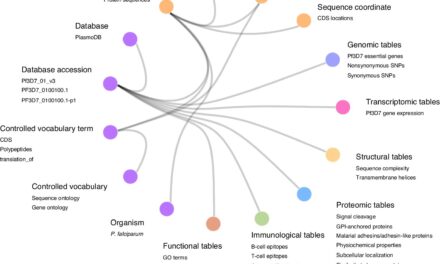In a landmark move set to redefine the narrative around obesity, The Lancet Diabetes & Endocrinology’s Commission for the Definition and Diagnosis of Clinical Obesity is poised to unveil new criteria aimed at distinguishing between clinical obesity and its preclinical phases. The commission’s efforts, led by a 60-member team including Latin American experts, seek to mitigate the negative connotations surrounding the term “obesity” and underscore its status as a disease rather than merely a risk factor for other health complications.
Dr. Ricardo Cohen, MD, PhD, a prominent figure in the field as the coordinator of the Obesity and Diabetes Center at the Oswaldo Cruz German Hospital in São Paulo, Brazil, elucidated on the forthcoming criteria in an exclusive interview with Medscape Spanish edition. The proposal under finalization acknowledges a preclinical stage of obesity characterized by cellular and tissue alterations, which precede functional changes in organs. This stage, quantifiable through metrics like body mass index (BMI) or waist circumference, signifies the early onset of the disease process.
However, the pivotal distinction lies in the clinical stage, where obesity manifests as a disease actively impacting organ function and overall health. Dr. Cohen emphasized the imperative of intervention at this stage, as the health risks associated with excess adiposity become tangible and verifiable through objective clinical markers.
While the commission’s efforts represent a significant step forward in reframing obesity as a clinical concern, they have met with a spectrum of opinions within the medical community, particularly in Latin America. At the XV Congress of the Latin American Obesity Societies (FLASO) and II Paraguayan Obesity Congress, experts expressed reservations regarding the proposed name change and its practical implications.
Dr. Rafael Figueredo Grijalba, president of FLASO, cautioned against overestimating the impact of renaming the disease, highlighting the entrenched stigma and self-esteem issues associated with obesity. However, he acknowledged the need for healthcare professionals to address these challenges with compassion and understanding.
In proposing alternative terminologies, experts like Dr. Violeta Jiménez advocate for terms like “adiposity-based chronic disease (ABCD),” which pivot the focus from weight to adipose tissue function. Dr. Paul Camperos Sánchez underscores the importance of considering comorbidities in any terminology shift, while Dr. Julio Montero favors the term “clinical obesity” for its medical connotations and diagnostic clarity.
Yet, amidst these deliberations, the core objective remains clear: to destigmatize obesity and recognize it as a complex, multifaceted disease deserving of comprehensive medical attention. As the Lancet Commission’s criteria near publication, the medical community stands poised to embrace a new paradigm in the understanding and management of obesity—one that prioritizes holistic healthcare approaches and fosters empathy and support for those affected by this pervasive condition.











